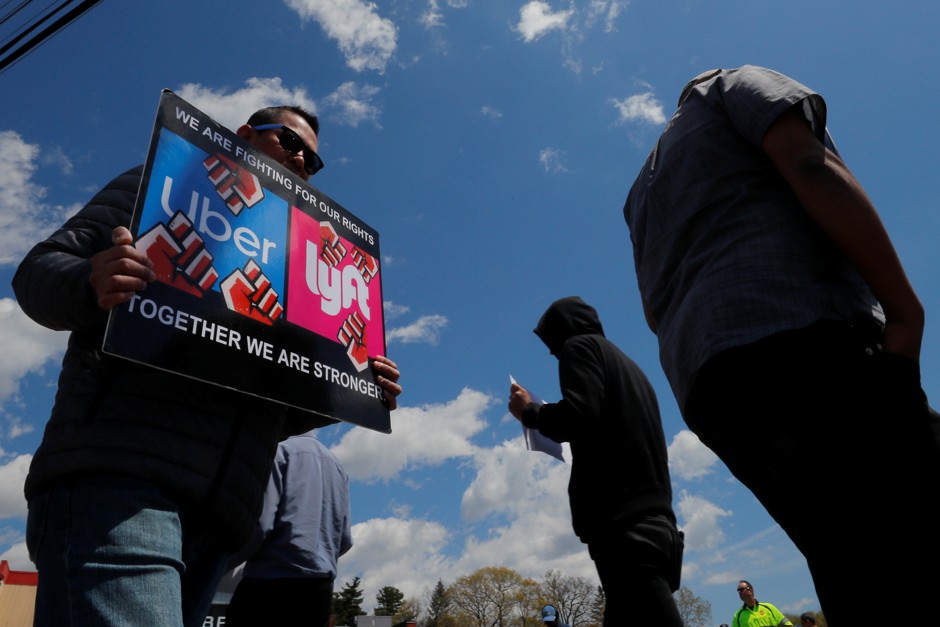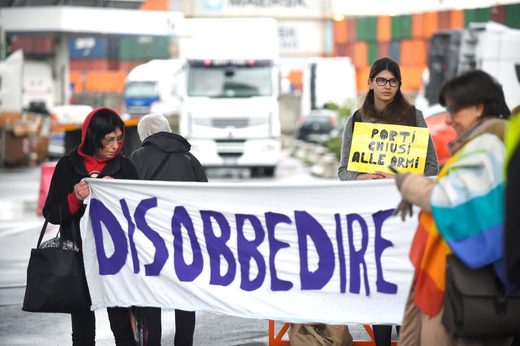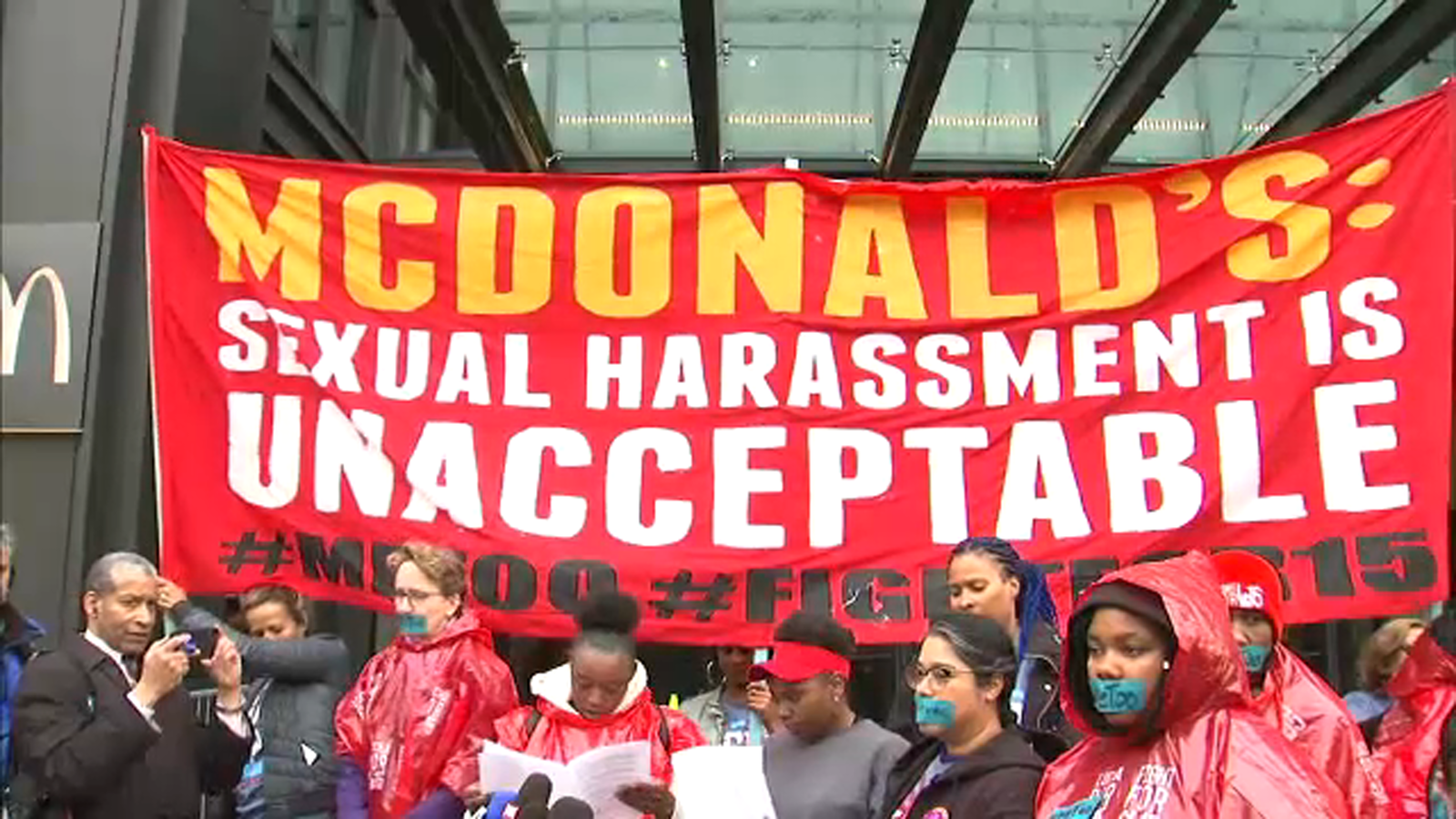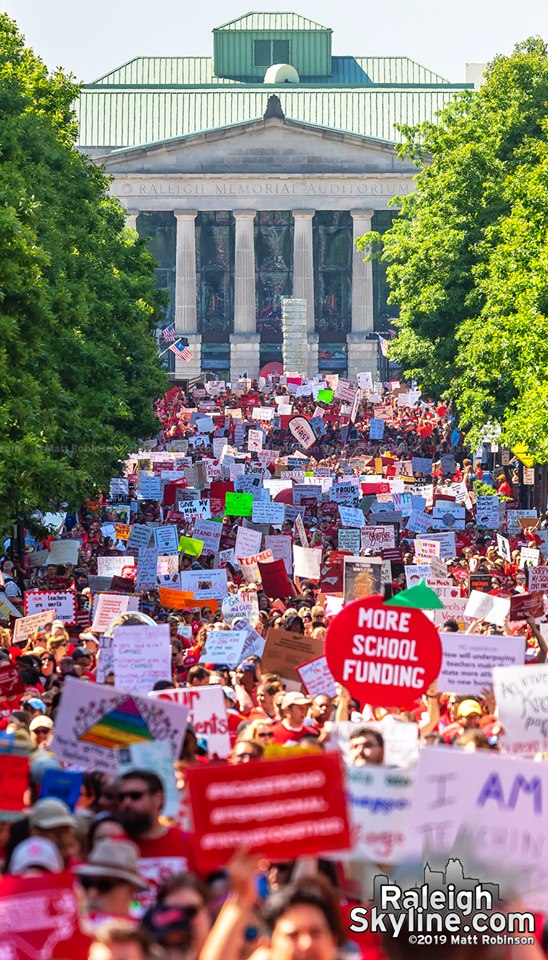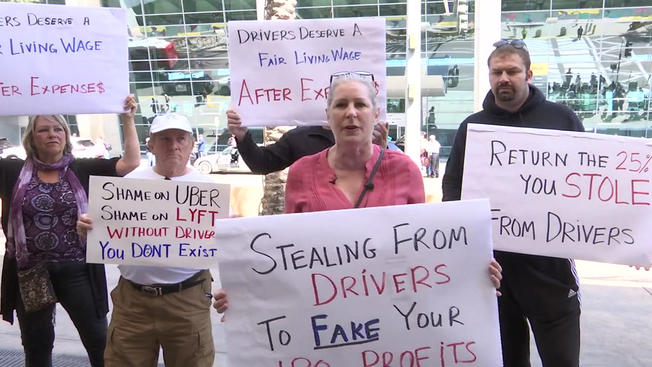Library workers in Philadelphia, along with allies, have been organizing to keep libraries in the city open and fully funded. In 2018, an average of two branches out of 54 were closed on any given day, either due to lack of staff or building problems. Many libraries, for instance, need roof repairs. There were a total of 750 emergency closures in 2018.
On June 13, around 50 members and allies of the Friends of the Free Library demonstrated outside City Hall. The unionized library workers and supporters are demanding an annual funding increase of $15 million a year. Remarkably, they have pushed Mayor Jim Kenny and the City Council to agree to a $3.5 million increase in the 2020 budget. $1 million of the increase is marked for salary raises, $500,000 is for building repair, while $2 million is for six-day service during the school year (a major demand of the campaign).
This is not close to the total amount that they are demanding, but it is a gain.
The fact that the library workers have a union is no doubt key to their success so far. And they worked hard to make this happen through grassroots campaigning over nine months. They gathered over 5,000 petitions in favor of the funding increase, made hundred of phone calls, and filled city budget hearings, keeping the pressure on the administration.
The union demand for a $15 million increase is far from unrealistic. The city continually finds more money to give to the police department, which is not making residents any safer. The administration increased the police budget by $18 million in 2019 to $709 million. It is being raised by $54 million in fiscal year 2020. Just like in New Orleans and in cities across the country, the Philadelphia police get a bigger share of the budget than any other sector of city government. Each library branch currently gets only $400 for community programs.
Whereas increasingly-militarized police forces terrorize people of color as well as working class whites, public libraries play a vital role in our communities.
Libraries provide children and youth with educational and fun activities. Across the country, 59% of libraries help patrons find health insurance resources and 18% bring in healthcare providers for free screenings, according to the Institute of Museum and Library Services. Immigrant communities rely on libraries for language learning services. Working class people use library computers to look for work. Libraries provide people with gathering places. Libraries preserve local history. In short, they are one of the few truly communal resources that we have in a capitalist society where everything is increasingly-privatized and run in the interest of the rich. We have good reason to fight for public libraries and to support the workers who make them run!
South Philadelphia librarian Abbe Klebanoff, a member of AFSCME District Council 47 Local 2186 puts it best, “When libraries are closed, when libraries are short-staffed and underfunded, we can not do our job and be there for those in our community who need us most.”

